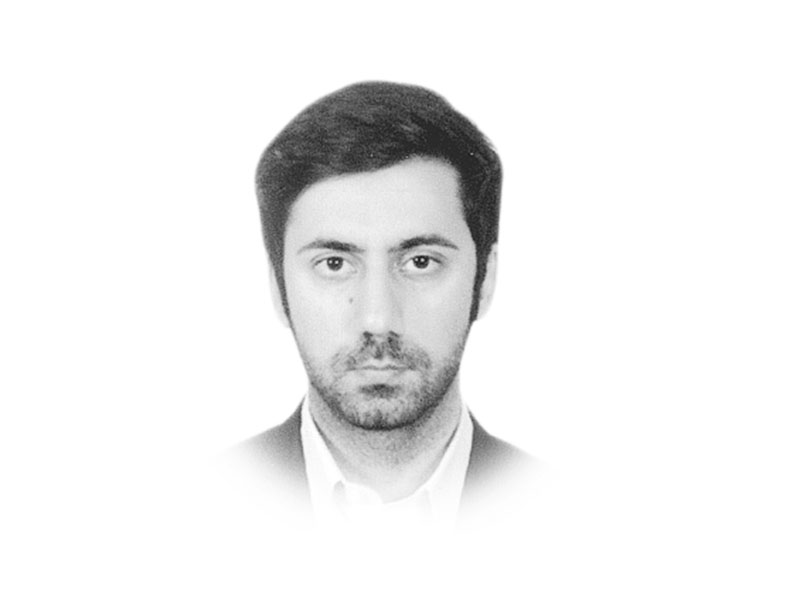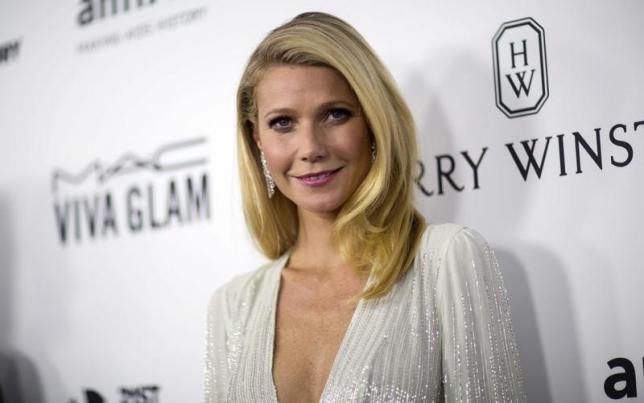
Along with the Saudi Arab, Israel, and India, Pakistan has had an active presence in Washington DC through its friends in Congress, the Pentagon, the CIA, thinktanks and the K-Street lobbyists, as far back as the 1960s. Things, however, took a turn ever since the American struggle in Afghanistan and Pakistan descended into its own internal political instability under Musharraf’s rule. From being a ‘trusted ally’ in the War on Terror, Pakistan got reduced to being labelled a ‘rogue country’, backstabbing the US by accepting its assistance and aid on one hand, and damaging the interest of the US on the other.
Backstabbing the US or not, the facts on the ground are irrelevant in the politics of the Capital. Pakistan is struggling because its loss of control of the narrative in Washington DC, has made it difficult for it to make new friends, retain the previously long-held friendships in the capital, and, more importantly, steer the discourse on Pakistan in Washington DC. Today, it is exceptionally hard to remain relevant and not be discredited in the thinktank, academia and policy circles of the US by holding even a slightly pro-Pakistan or even a neutral tilt on South Asia and AfPak, and for obvious reasons. The thinktanks, grants and speaker invitations all follow the money trail and the mood — both of which Pakistan has systematically lost to Indians in Washington DC.
It’s not just that the Indians are putting a lot of effort in discrediting Pakistan; it’s more about how badly Pakistan has played and continues to play its own cards. Pakistan’s ability to compete with Indians on the lobbying front is directly impacted by external and internal challenges. While Pakistan remained busy in the War on Terror, its attention slowly shifted from Washington DC to its demanding local problems under Musharraf’s authoritarian rule. While technology changed diplomacy, lobbying and narrative-building, Pakistan continued with its traditional style of running diplomatic missions and releasing press releases as a primary method of communications. Moreover, the political appointments of ambassadors in Washington DC served the political or military masters to often settle their own scores than to work on a defined agenda to counter Indian accession of space in Washington DC.
On the other hand, while India pumped money into thinktanks, academia and enhanced its presence in Washington DC, let alone setting up new endowments, Pakistan had even its professorial chairs comparatively empty in the US and, in most cases, continues to do so.
It is startling to note that while Pakistan was taking in billions of dollars in aid from the US to fight a long bloody war in the region, it completely missed the fact that it would require an extraordinary level of presence in thinktanks, academia and policy circles in the US to ensure the right message goes out globally. In other words, Pakistan went to fight a war without a story in mind and without a medium to tell that story.
It then comes as no surprise when Pakistan complains for being called out for sponsoring terrorism while it has suffered the most in the War on Terror, expecting the West to understand on its own. With the dysfunctional and technologically outdated foreign missions having no job description, defined role outcomes and performance measures of officers, and with Pakistan busy with its own civil-military power struggle, losing friends and credibility in Washington DC was imminent.
There was a time when Pakistan lobbied for the deepening of US-Pak relations, based on strategic ties and mutual benefit. Today, however, Pakistan lobbies for US support for a nation with a nuclear capacity that might cripple anytime. The dynamics and the discourse on Pakistan, in Washington DC, have taken a mega-shift in the past 15 years, shrinking the political and diplomatic space for Pakistan or the friends of Pakistan. While part of this could be blamed to the competing Indian lobby, Pakistan’s own negligence and inability to manage diplomacy in the new digital world is more to be blamed.
Published in The Express Tribune, March 26th, 2016.
Like Opinion & Editorial on Facebook, follow @ETOpEd on Twitter to receive all updates on all our daily pieces.














COMMENTS (9)
Comments are moderated and generally will be posted if they are on-topic and not abusive.
For more information, please see our Comments FAQ